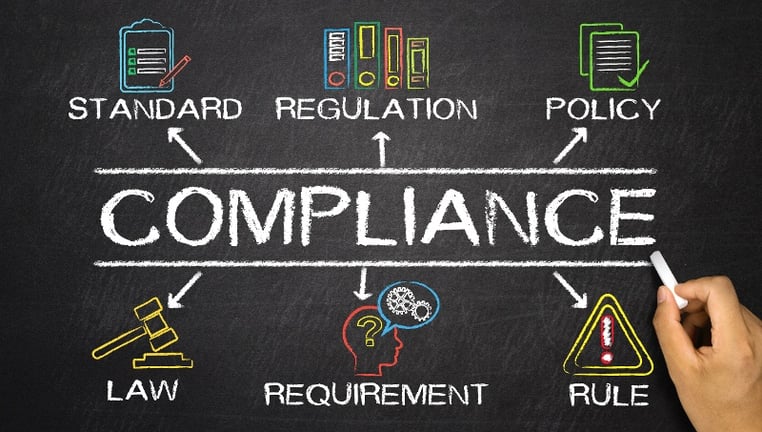Is a Compliance Audit Really Necessary?
In short, YES! In fact, in some industries requiring FDA CFR Part 11 regulatory compliance, scheduled audits are a necessity to do business. Recently, we’ve noticed a trend that FDA 483 observations and warning letters are becoming more frequent, too.  Think of a compliance audit as a regular automotive tune-up. Routine maintenance keeps systems, processes, and controls in good working order. Routine maintenance can proactively identify areas that require immediate attention, can predict the potential for future failures while offering suggestions and work-arounds to extend purpose without compromising safety.
Think of a compliance audit as a regular automotive tune-up. Routine maintenance keeps systems, processes, and controls in good working order. Routine maintenance can proactively identify areas that require immediate attention, can predict the potential for future failures while offering suggestions and work-arounds to extend purpose without compromising safety.
Compliance audits confirm that all systems, workflows, documentation, and training are in optimal condition and enforced. Proper audit trails ensure that a recorded history of who did what, why, and when is documented, stored, and readily accessible for recollection. Everything from samples to reports and ingredient traceability to origin is examined to confirm data integrity throughout the product lifecycle. Compliance audits also check that equipment is qualified, in good working order, and calibrated per quality specs.
6 reasons why you should consider a compliance audit:
-
Confirm data integrity through the process of collection, transacting, storing, and reporting.
-
An objective, outside evaluation may identify opportunities that aren't transparent to day-to-day operators.
-
Period review of CGMP (Current Good Manufacturing Practices) may unlock innovation that leads to continuous improvement in safety and quality.
-
Proactive troubleshooting test like disaster recovery of a systems failure or mock product recalls test the organizations agility to react, respond and resolve.
-
Maintain valuable certified status to differentiate from competition, retail clients and attract new ones.
-
Collect vendor performance data including quality, on-time deliveries, and expected quantities to negotiate vendor contracts or consider alternate suppliers.
Am I audit ready?
Before you jump into a compliance audit, you can implement the following recommendations to help you prepare.
Document. Everything. From training manuals to SOPs, workflows to process diagrams, and historical reports, documentation is the first actionable item. Ensure that users and operators have only the minimum required amount of security access to data to perform necessary activities. And finally, embrace a culture of collaboration, communication, and continuous improvement. Educating the staff on the importance of maintaining quality standards throughout the organization reinforces the urgency of their role in the process.




